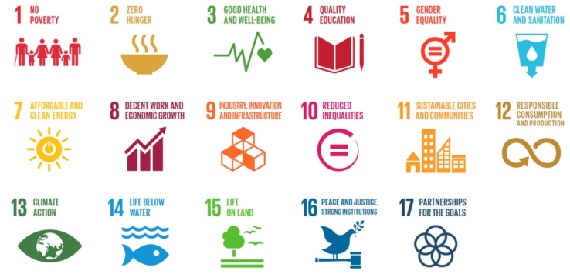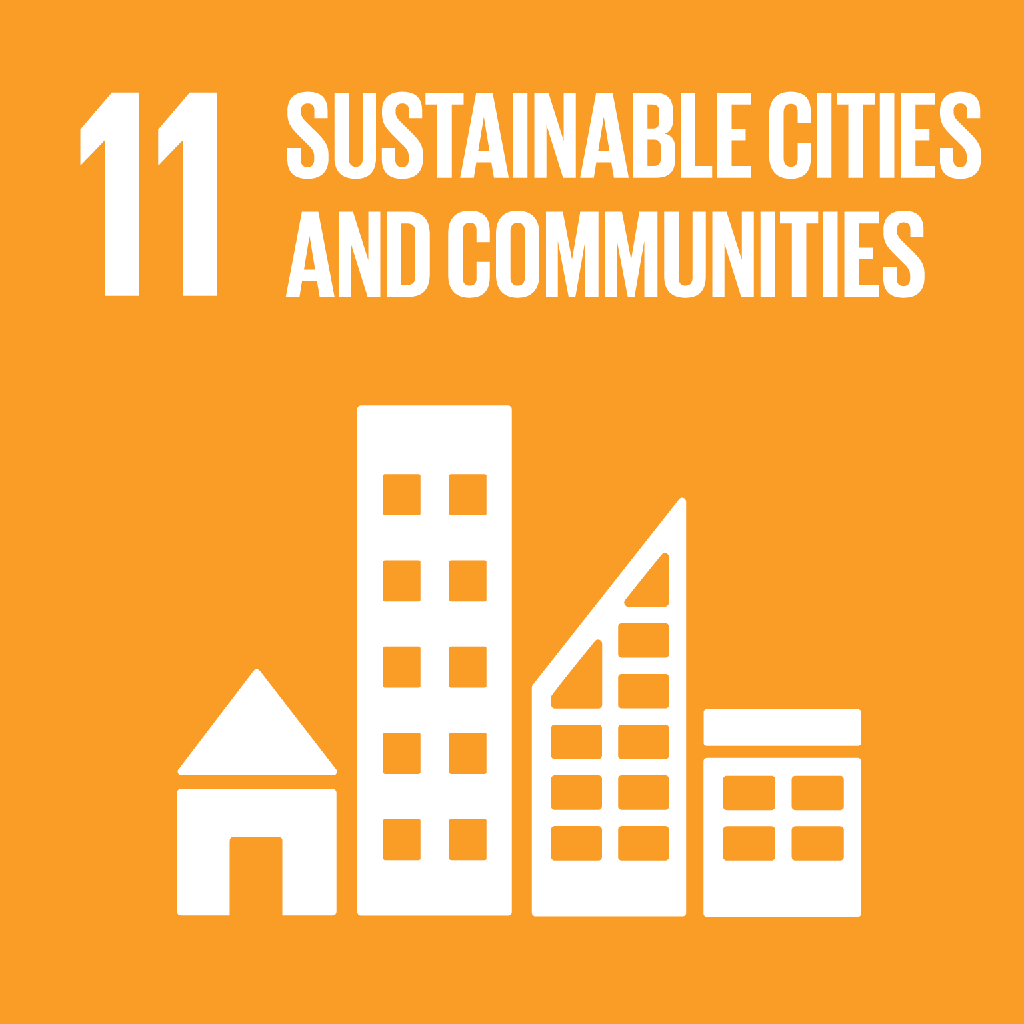SDGs
As one of Europe’s leading parking service providers, Q-Park wants to demonstrate its contribution to the UN Sustainable Development Goals (SDGs). These are 17 aspirational Global Goals, supported by 169 targets.
The SDGs were established by the United Nations in 2015 to address the biggest global issues – ranging from ending hunger and poverty to addressing climate change.
Figure 8 UN 17 Sustainable Development Goals (SDGs)



Although Q-Park’s business potentially has an impact on all 17 SDGs, we have identified two that align most with our business, strategy and objectives and where we believe we can make a difference.
These are SDG 9 (Industry, innovation and infrastructure) and SDG 11 (Sustainable cities and communities).
Why are these SDGs significant to Q-Park?
Today 3.5 billion people, that is half of humanity, lives in cities. With an ever-increasing world population, greater numbers of people living in cities, and rising prosperity, urban infrastructure is becoming significantly more important.
One of the accompanying challenges for municipalities is to maintain a liveable city as they contend with a range of issues: congestion, traffic cruising for a place to park, reduced accessibility, air pollution, and unattractive unsafe streets and squares, full of parked cars. Furthermore, smart city elements that connect the physical with the digital world are increasingly finding their way into our lives.
In 2018 we have further aligned our CSR strategy with the SDGs and identified the relevant sub-targets.
The following table shows the relationship between the SDGs that are the most relevant for Q-Park and the company’s contribution.
Download dataSDG | Description Sustainable Development Goal | Q-Park’s activities and contribution |
9.1 | Develop quality, reliable, sustainable and resilient infrastructure, including regional and transborder infrastructure, to support economic development and human well-being, with a focus on affordable and equitable access for all | By offering attractive parking facilities we make urban amenities and vital functions (such as hospitals, airports, universities and city centres) accessible. |
9.4 | By 2030, upgrade infrastructure and retrofit industries to make them sustainable, with increased resource-use efficiency and greater adoption of clean and environmentally sound technologies and industrial processes, with all countries taking action in accordance with their respective capabilities |
|
11.3 | By 2030, enhance inclusive and sustainable urbanisation and capacity for participatory, integrated and sustainable human settlement planning and management in all countries | Q-Park works closely with municipalities to analyse changing mobility patterns and devise innovative responses. We seek collaboration with local authorities, so that regulated and paid parking become an integral part of urban mobility. Instruments we use to promote sustainable urban mobility include smart parking tariff structures and allowing parking permit holders to park their cars in a Q-Park car park in the evening. |
11.6 | By 2030, reduce the adverse per capita environmental impact of cities, including by paying special attention to air quality and municipal and other waste management |
|
11.7 | By 2030, provide universal access to safe, inclusive and accessible, green and public spaces, in particular for women and children, older persons and persons with disabilities |
|
11.A | Support positive economic, social and environmental links between urban, per-urban and rural areas by strengthening national and regional development planning |
|
